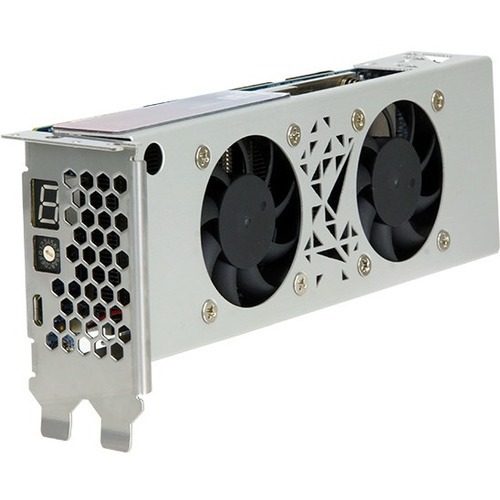QNAP MUSTANG-F100-A10-R10 QNAP Mustang-F100 interface cards/adapter Internal
$1,643.38
Quantity :
PRODUCT DETAILS:

